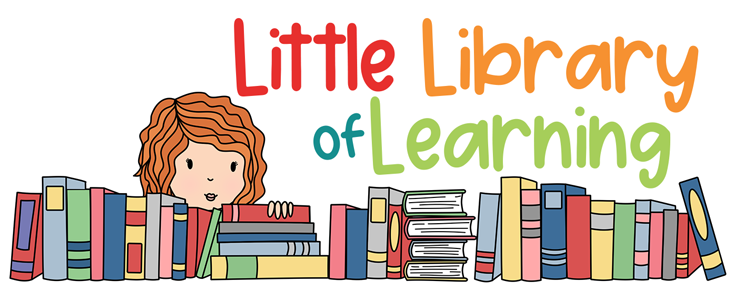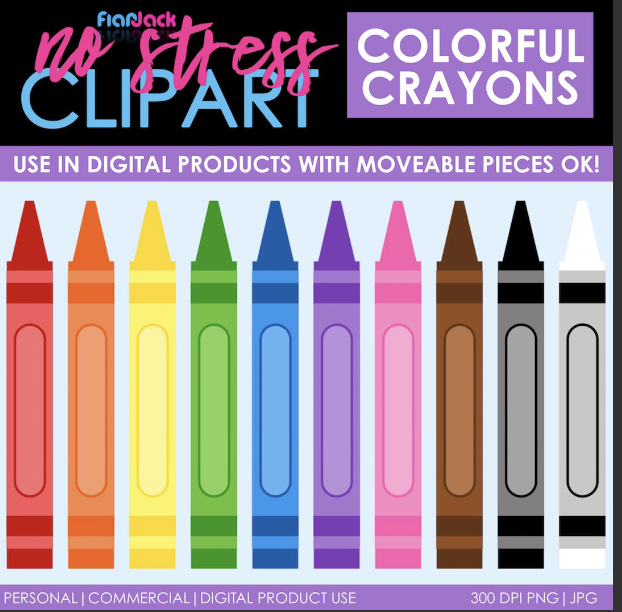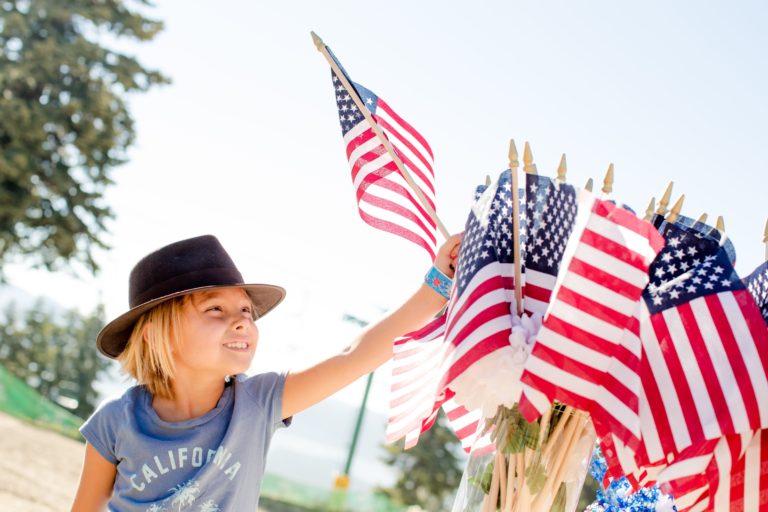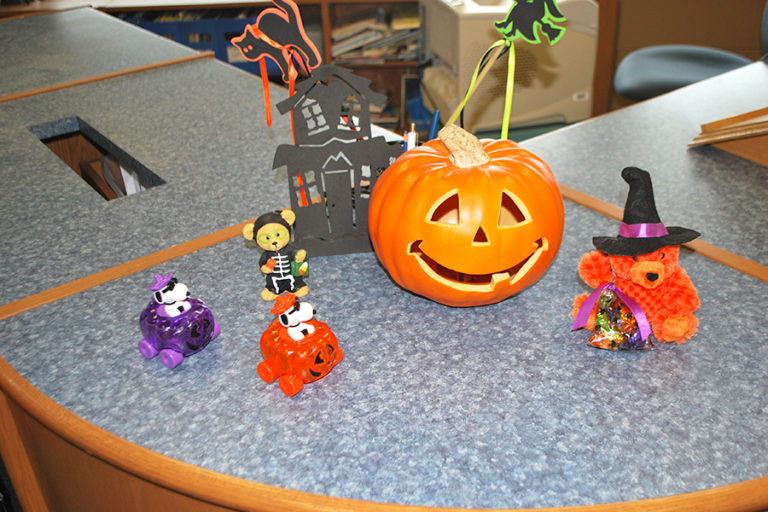Do Kids Still Need Dictionaries?

Is your idea of having fun delving into dictionary definitions? Do you like exploring new words and exotic meanings? Yes, we all know you can get definitions on the computer. You can also use spell check and auto correct. Personally, I hate those! My sister’s “smart” phone changed the word “nice” to “rice.” Now, she has to constantly be on guard not to wish people a “rice” day!
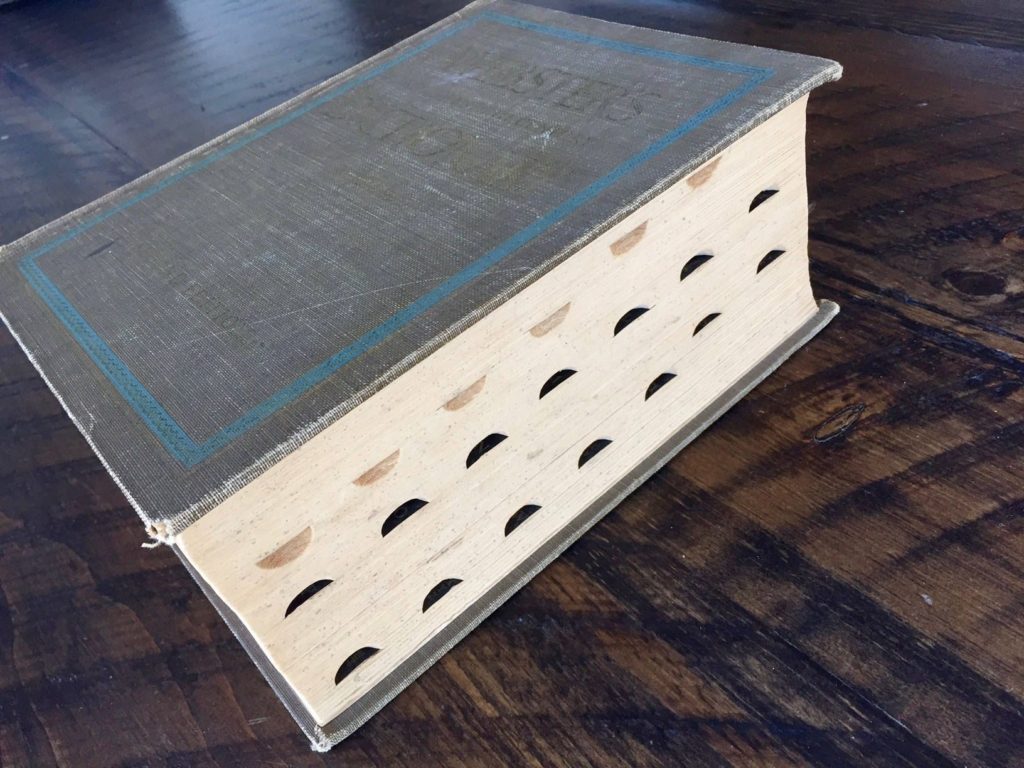
Big Dictionaries
I have a huge unabridged dictionary in my library. The kids circumnavigate it with awe. What’s that big, big book? They are astounded when I tell them it has all the words in the world (slight exaggeration?). They equally love the simplified children’s dictionaries we use in our reference book lessons. Maybe it’s a dying art, but I still like to have my students look up things in books!
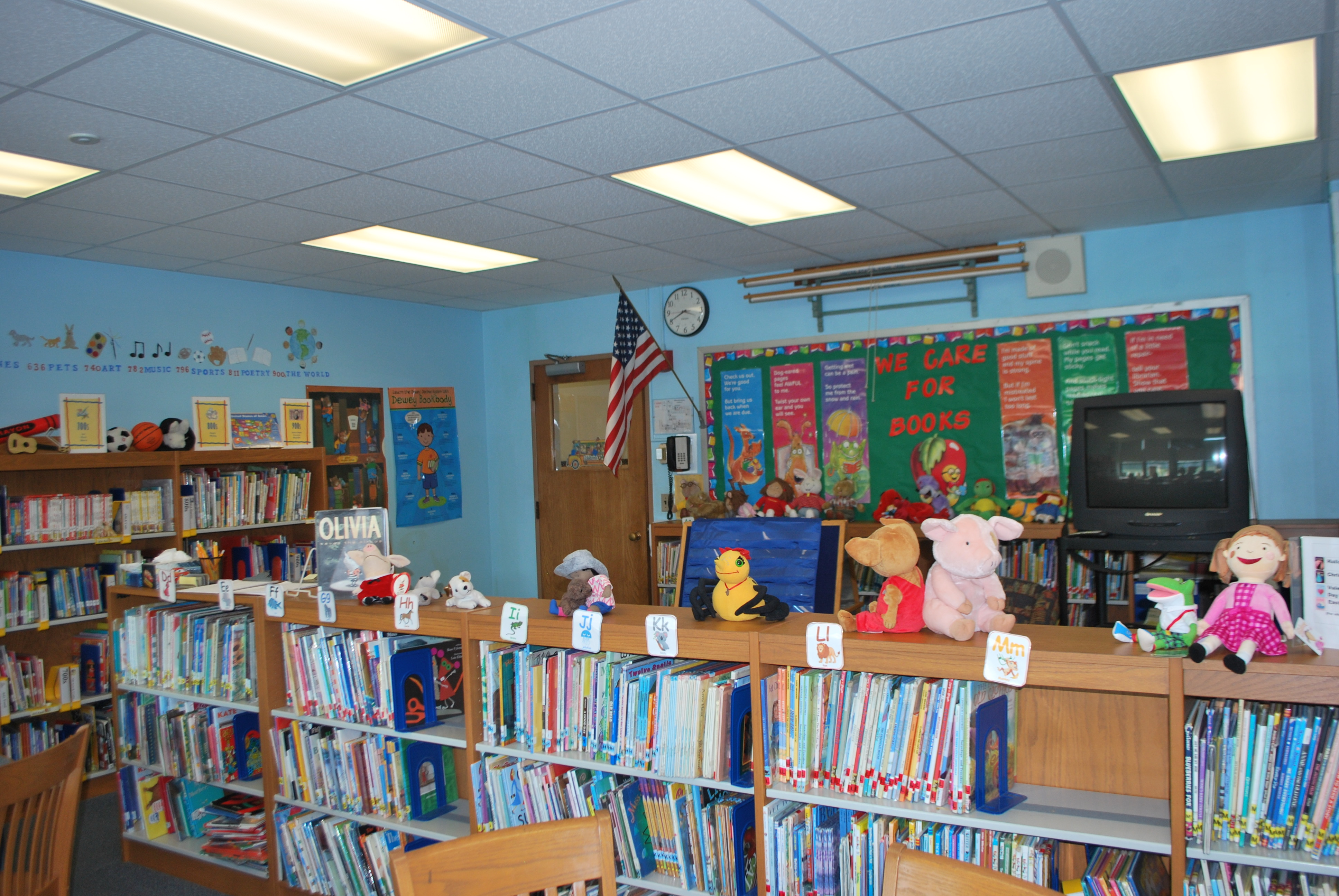
Using the dictionary allows them to practice alphabetical order. Yes, another quaint concept still in use. Our fiction books are shelved by author’s name, in alphabetical order. The index in our nonfiction books lists topics in alphabetical order. Maybe few people use a phone book anymore (then why do they keep printing them and throwing them into my driveway?) but I was in Iceland once and looking something up in the phone book. Maybe you do have to go to the ends of the earth for this one! P.S. Everyone in Iceland is listed by their first name!
Dictionary and Thesaurus Games
I do try to make my lessons fun, incorporating games whenever possible. We see who can find the page with the word first (without ripping the pages, of course). I try not to cringe at all the shouting, “Found it,” “Found it,” “Found it”! To challenge my students, I usually throw in some homonyms (fair…treating people equally and fair…an outdoor festival) and well as homophones (knight and night). Over the years, I have used matching cards or puzzle pieces, as well as interactive games on the Smart Board for the whole class, or on the chromebooks for individual students.
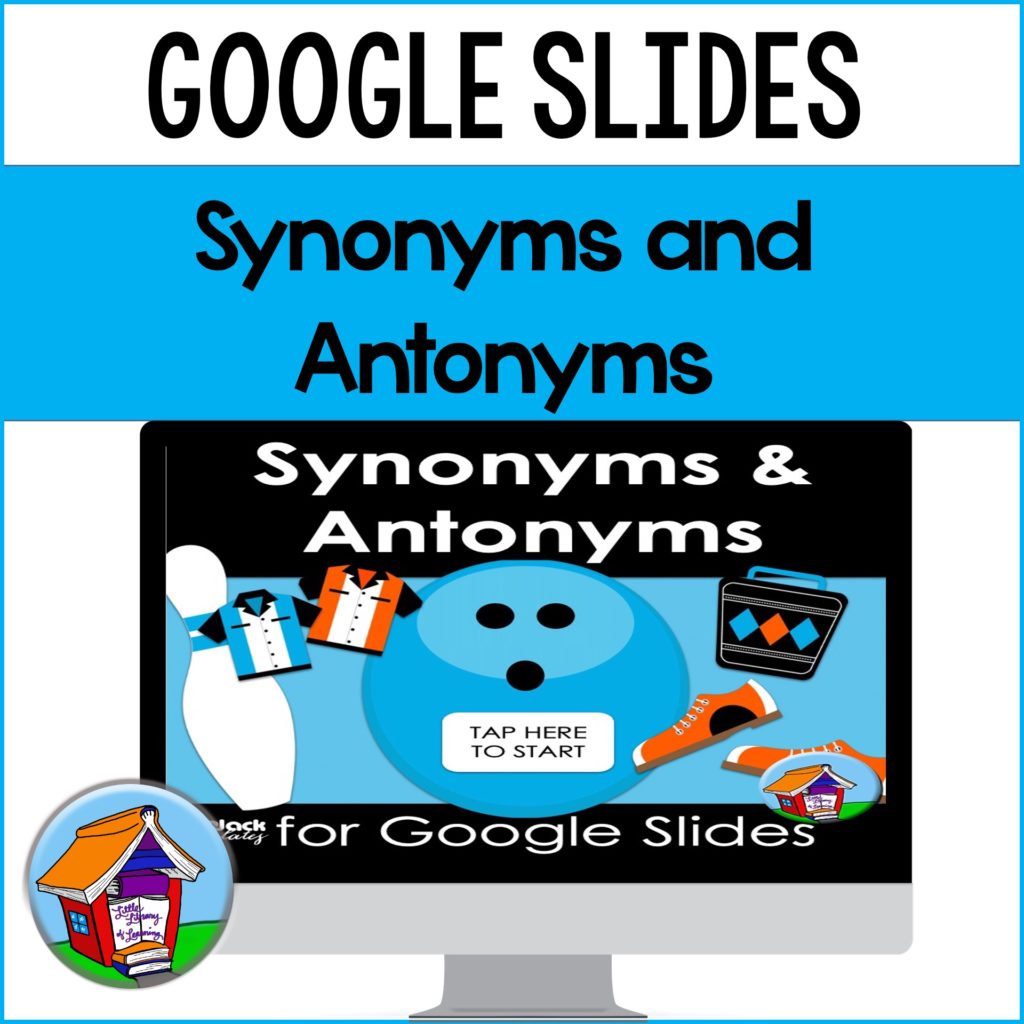
I usually start dictionary lessons in second grade. I write the word on the white board and ask the students to find it in the dictionary. After a few typical second-grade words, I ask them, “Are you ready for a third-grade word?” “How about a fourth-grade word?” “A college word even?” Most of them are screaming, “yes, yes, yes,” although a few cautious kids are going, “no, no, no.” I write:
PACHYCEPHALOSAURUS
They go crazy! (Yes, of course I have already researched that this word is in our beginner dictionaries.) When we find out that a pachycephalosaurus is “a plant-eating dinosaur with a thick, domed head that lived during the late Cretaceous Period,” I ask the students how we can find out more about it. I wander over to the dinosaur book section (Dewey Decimal number 567.91) and lo and behold, we have a BOOK about a pachycephalosaurus! I casually start to read some facts and then turn to the shelf (dramatic pause, please) and say, “What’s this?” Have I found a dinosaur egg on the library shelf? The plaster (craft store) egg has a hole in the bottom, with a tiny toy dinosaur in it! (Being the persnickety librarian that I am, it is of course not just any toy dinosaur, but a toy pachycephalosaurus.) Anything else would not get past my seven-year-old paleontologists! If you try this trick, you will be advised to have a couple of extra copies of the dinosaur book in reserve…it will become very popular. And, don’t plant the egg until right before the next class comes in. So much for boring dictionary review lessons.
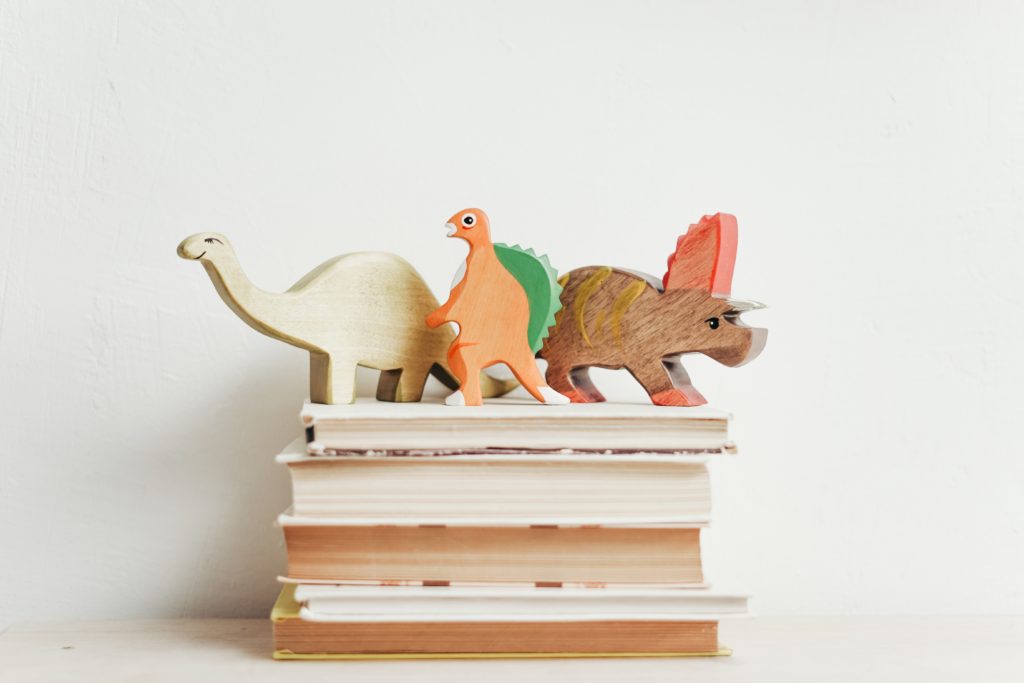
As a follow-up to the dictionary, you can teach students how to use a thesaurus. It will help their ELA skills by exposing them to more vivid vocabulary. I write a boring story such as:
A Nice Day
I took my nice dog for a nice walk on a nice day. We had a nice time.
Have them look up synonyms for “nice,” such as “marvelous,” “delightful,” “enjoyable,” “divine,” “glorious,” “pleasurable,” etc. Or, they could substitute antonyms, imagining walking a “cranky” dog on a day that was “miserable and rainy,” for a thoroughly “dreadful” time.
For other reference sources, why not try these task cards:
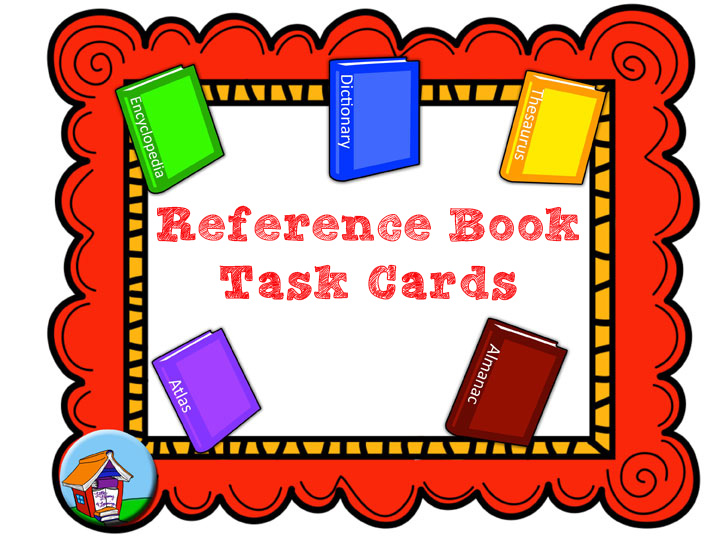
To practice synonyms and antonyms in a fun way, you could use BOOM Cards™. BOOM Cards are digital task cards played on the BOOM Learning website. They can be purchased on the BOOM site or on Teachers pay Teachers. Here are a couple of seasonal decks. If you click on the images, you can try a free preview of the first four cards in each deck. Hope you find them “delightful, enjoyable, divine”!
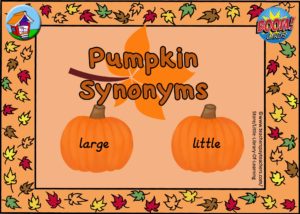
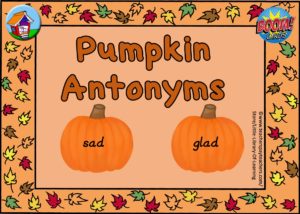
Students can also find out the part of speech by using the dictionary. Try this fun Earth Day themed activity in which students sort nouns and verbs into the correct recycling bin.
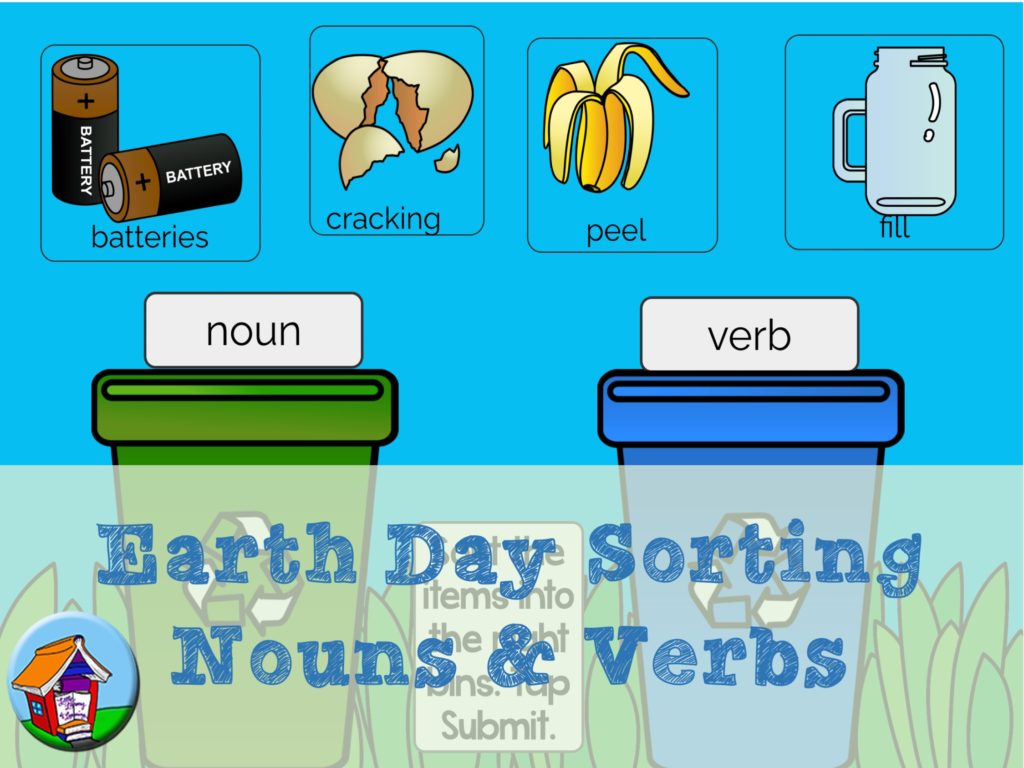
So, dictionaries are not dead, in my humble opinion. Delving into the dictionary can be an unexplored destination. Try it.
Sign up for email and blog updates and receive this free activity as a thank you!
